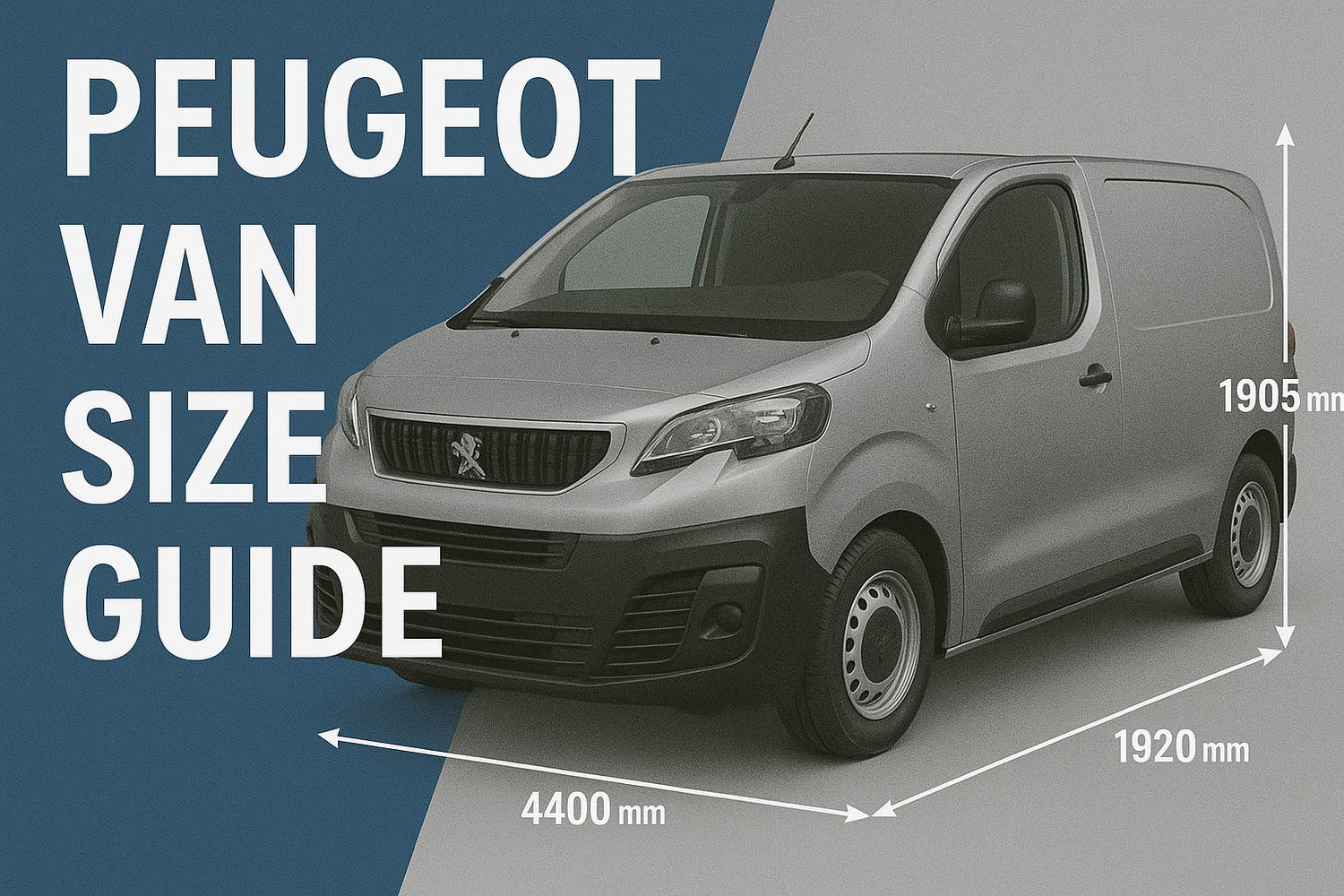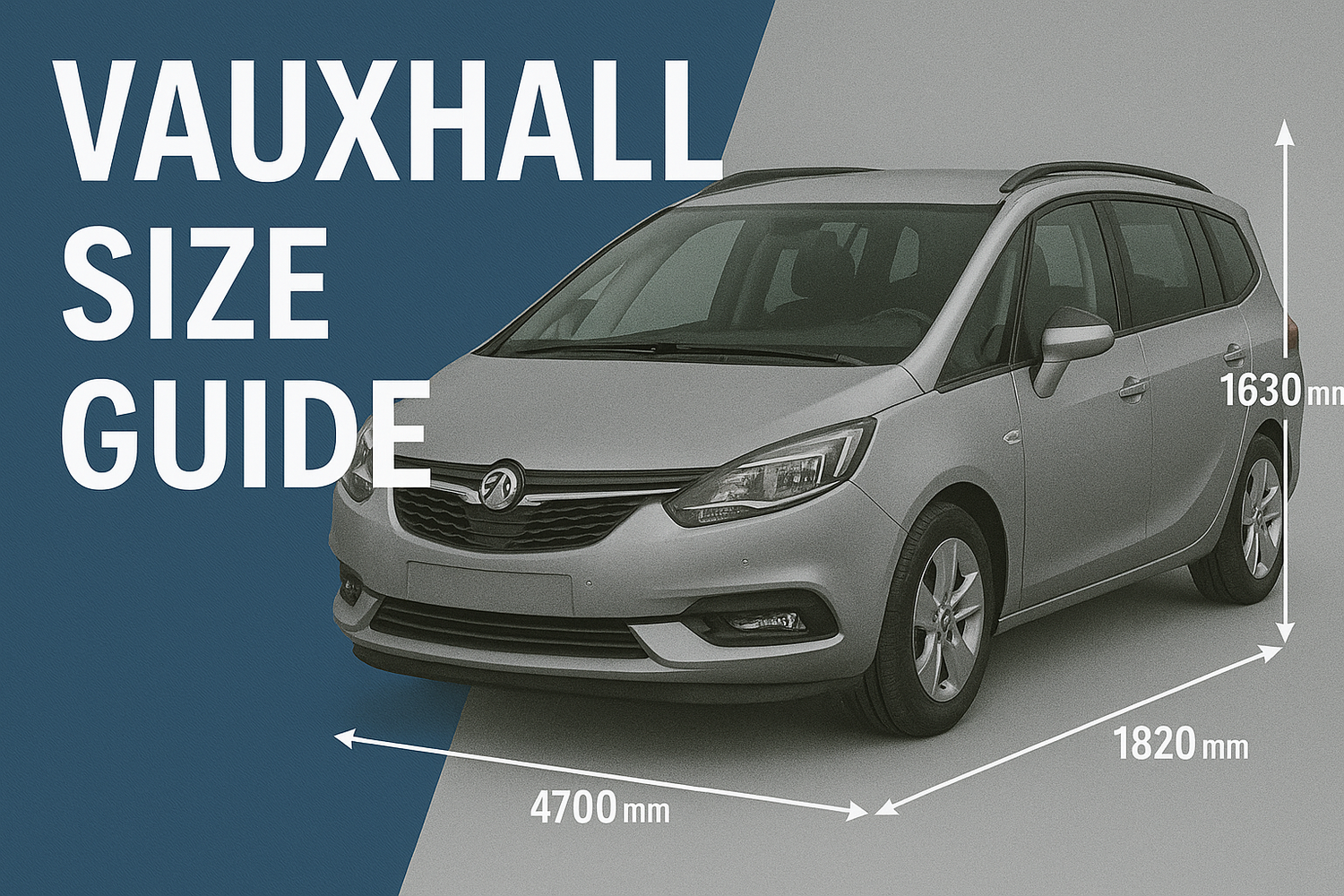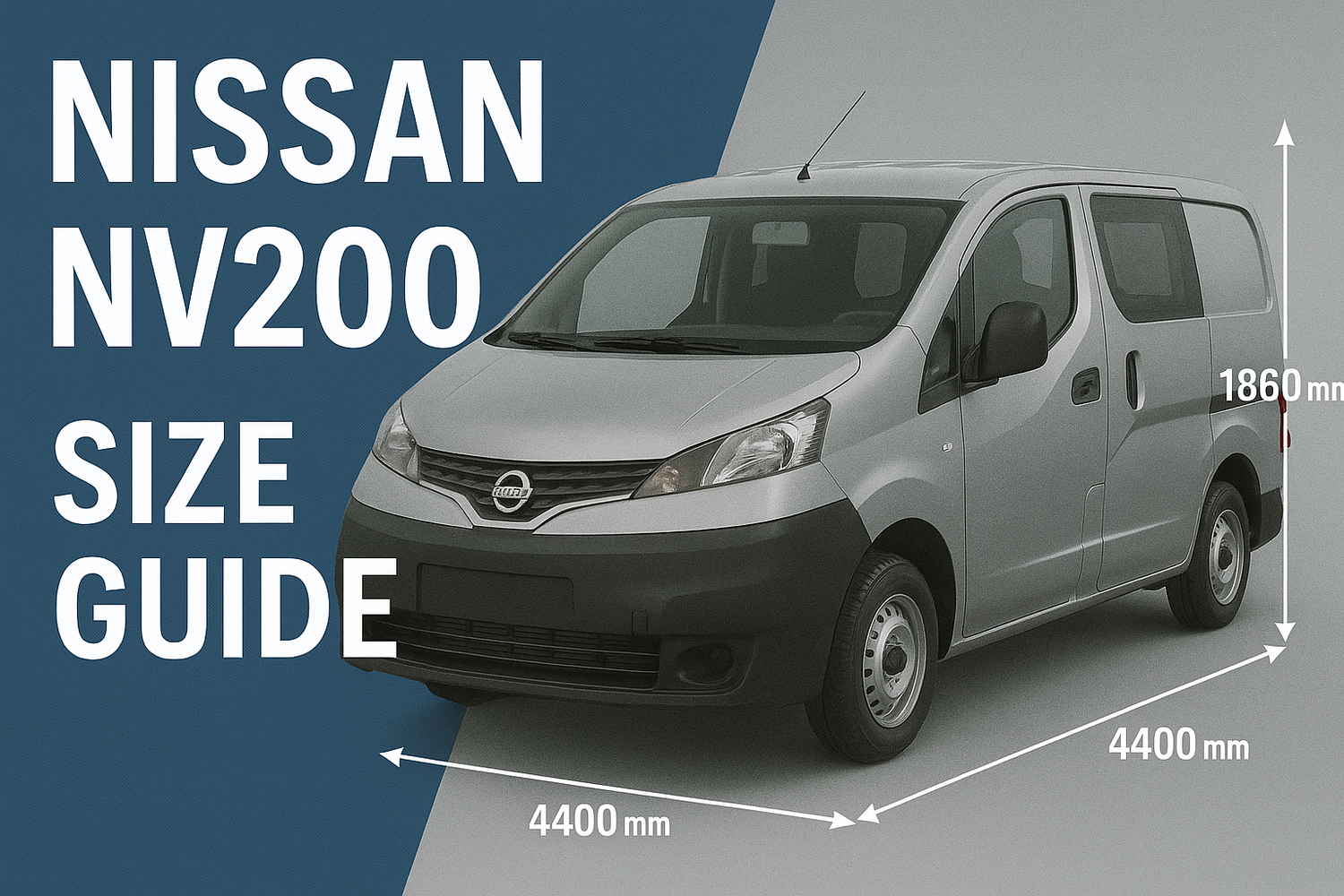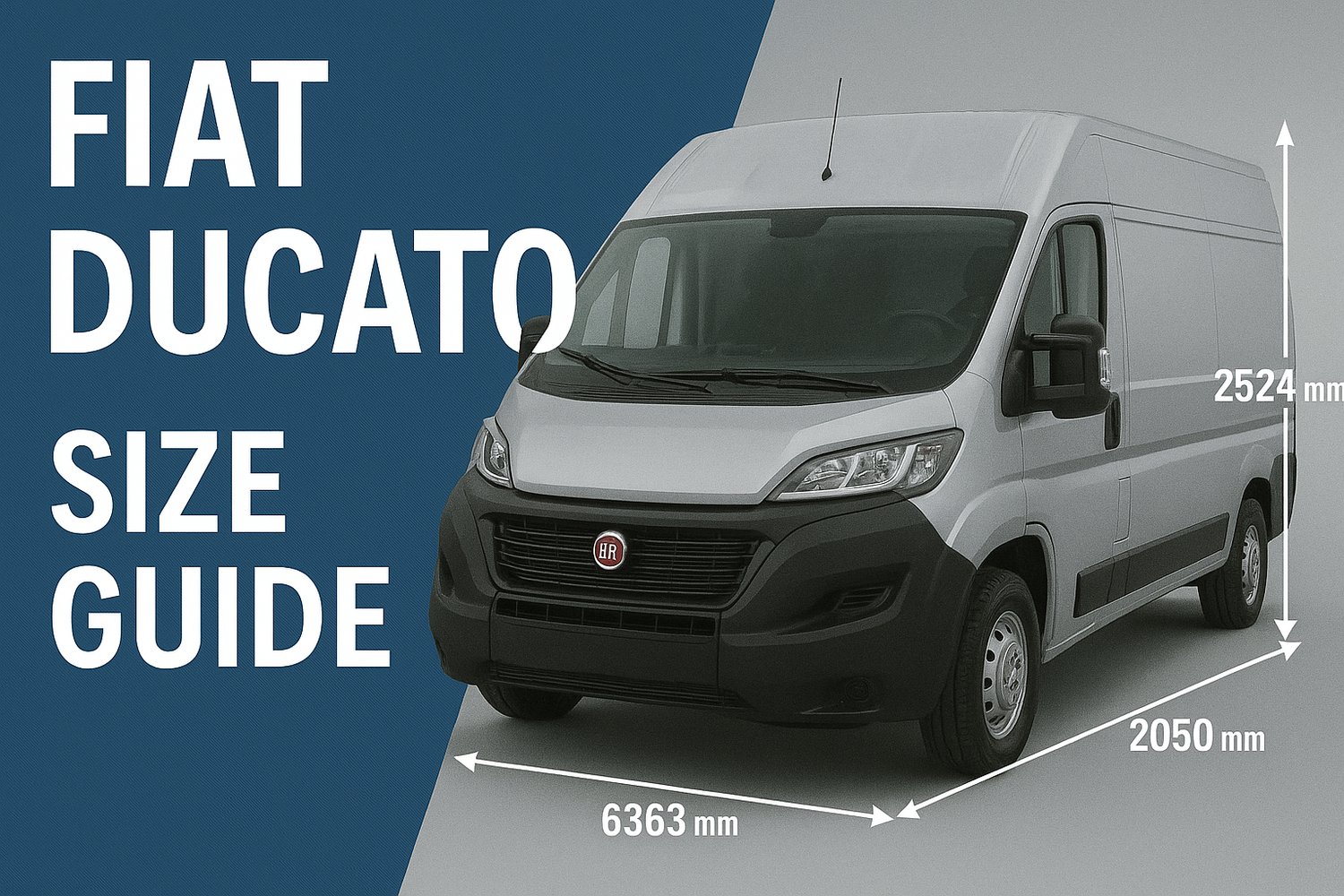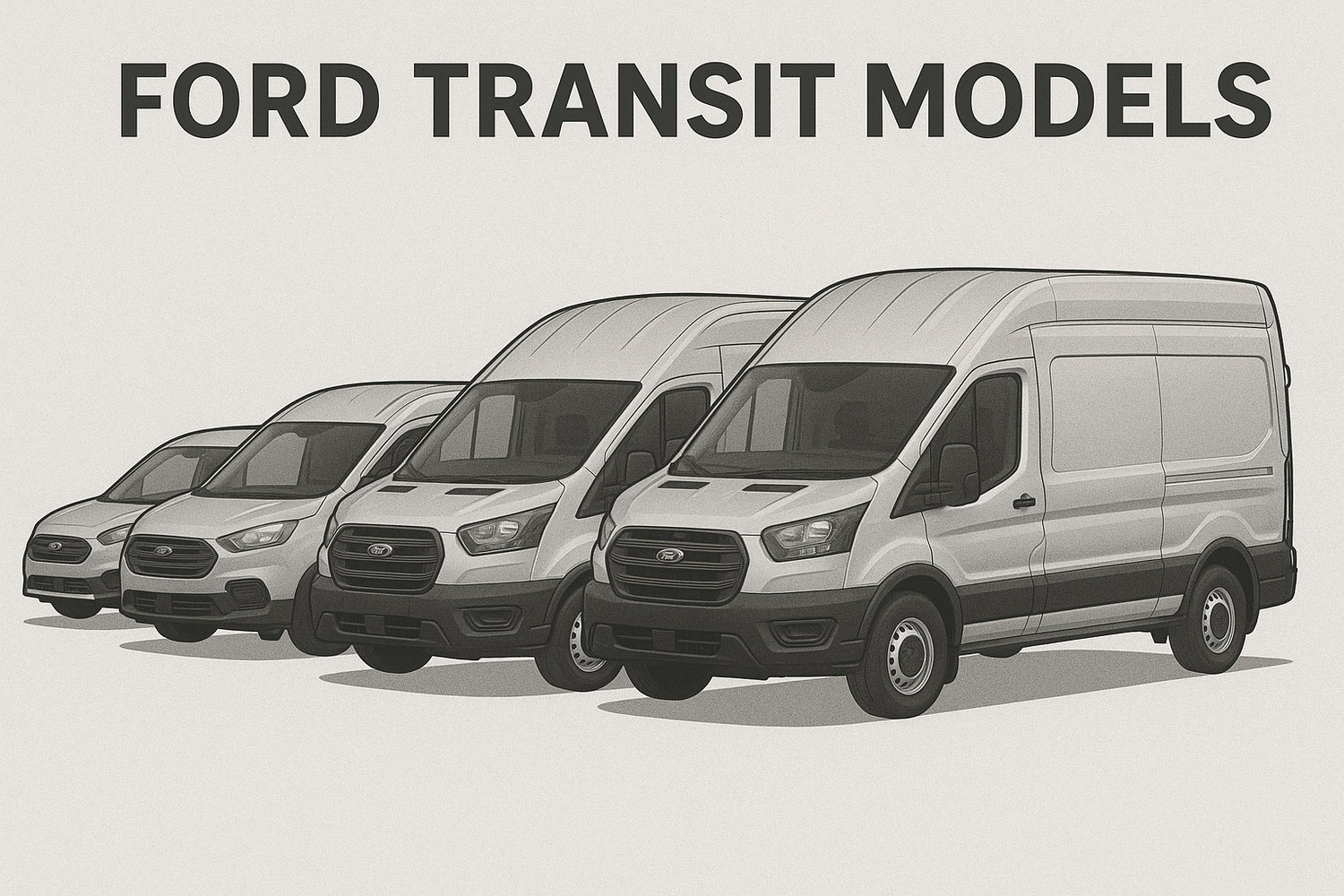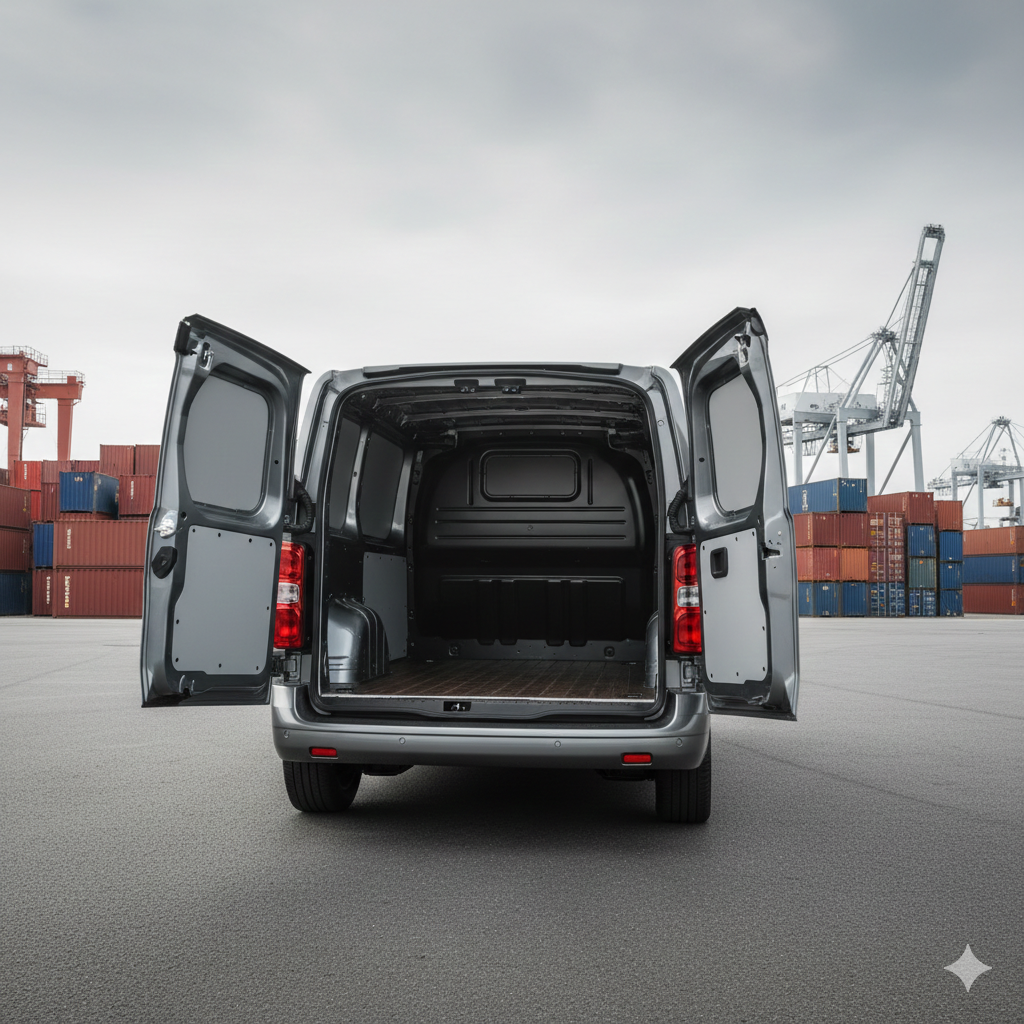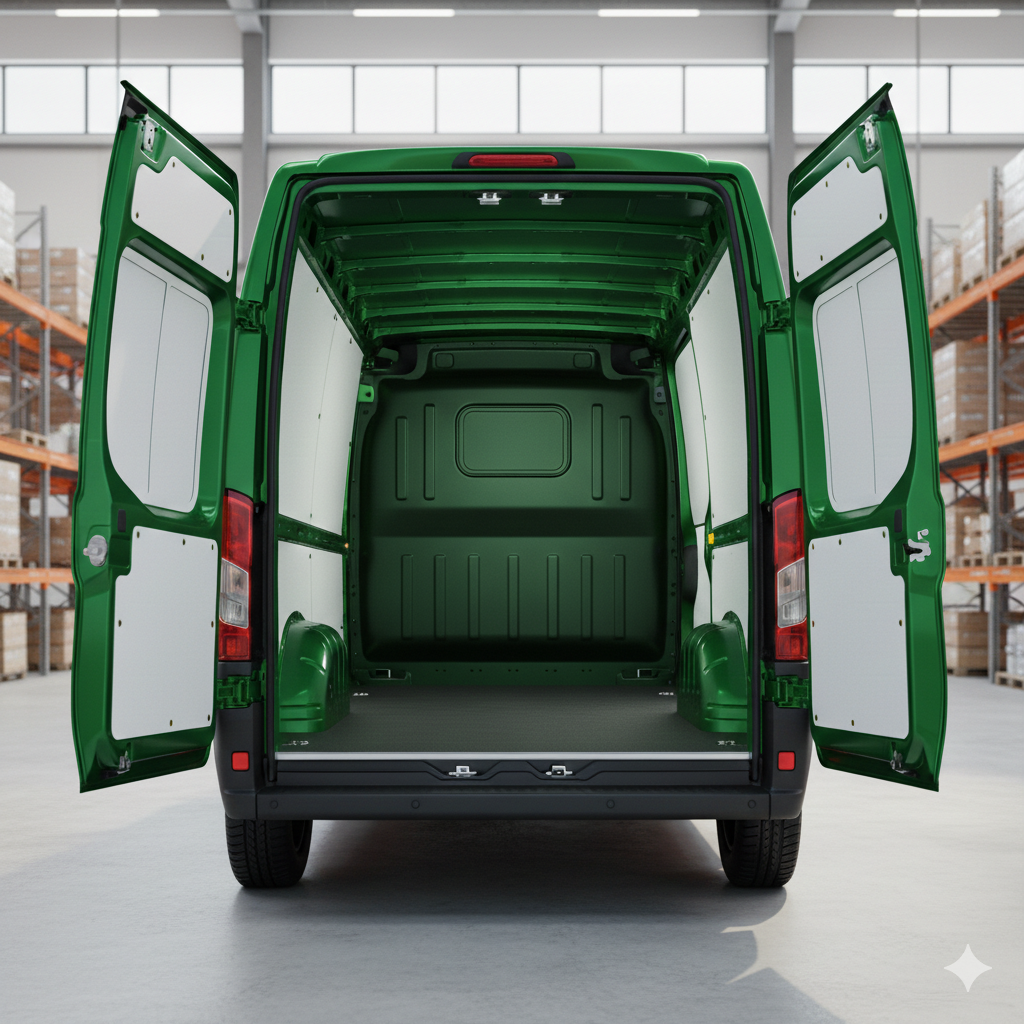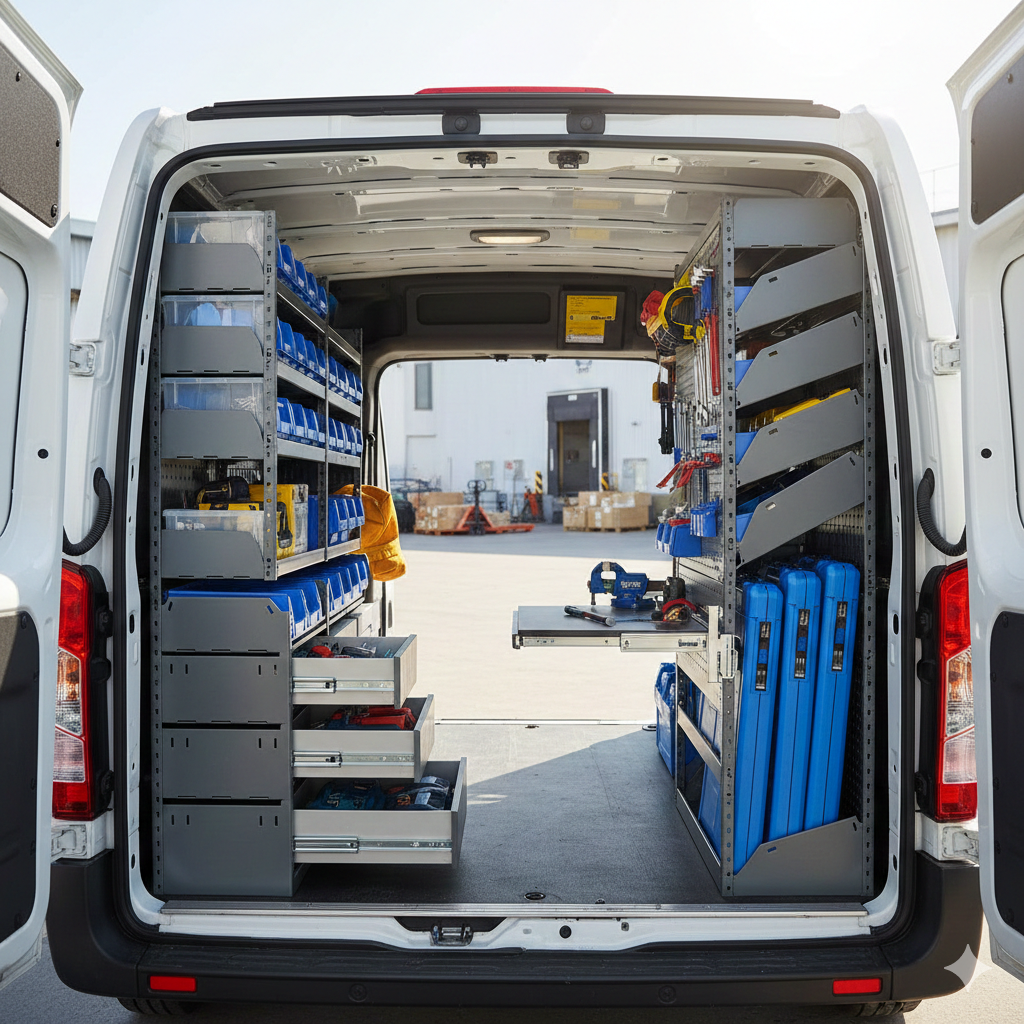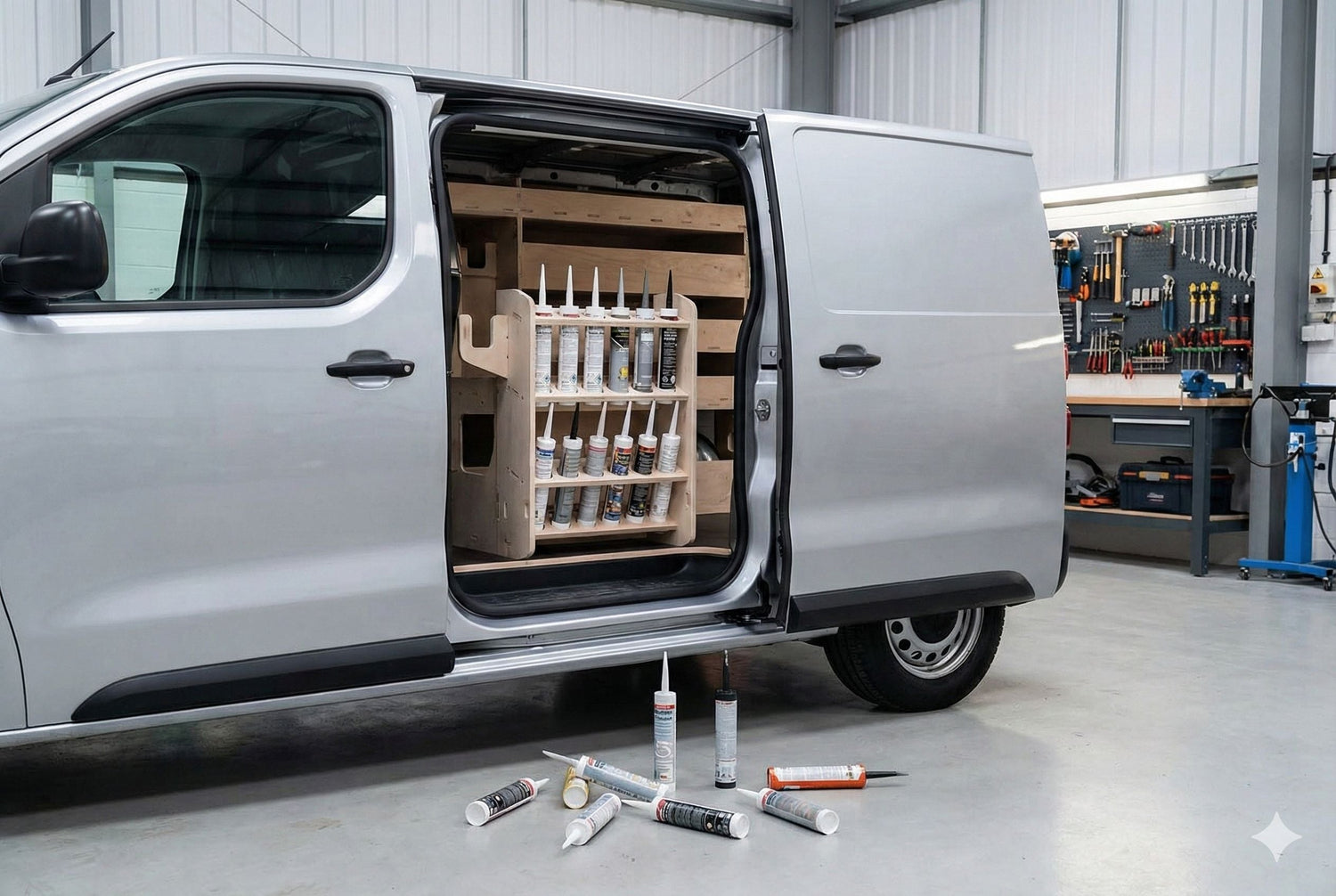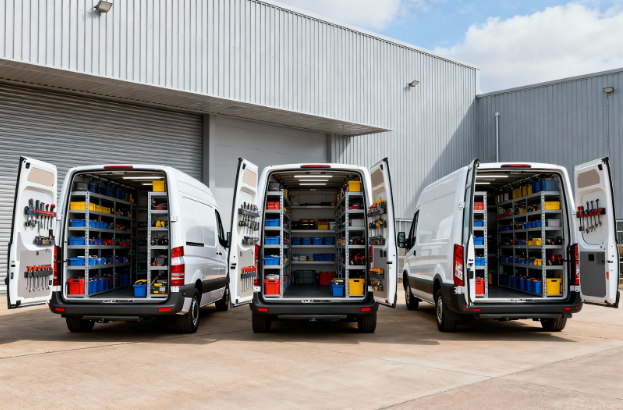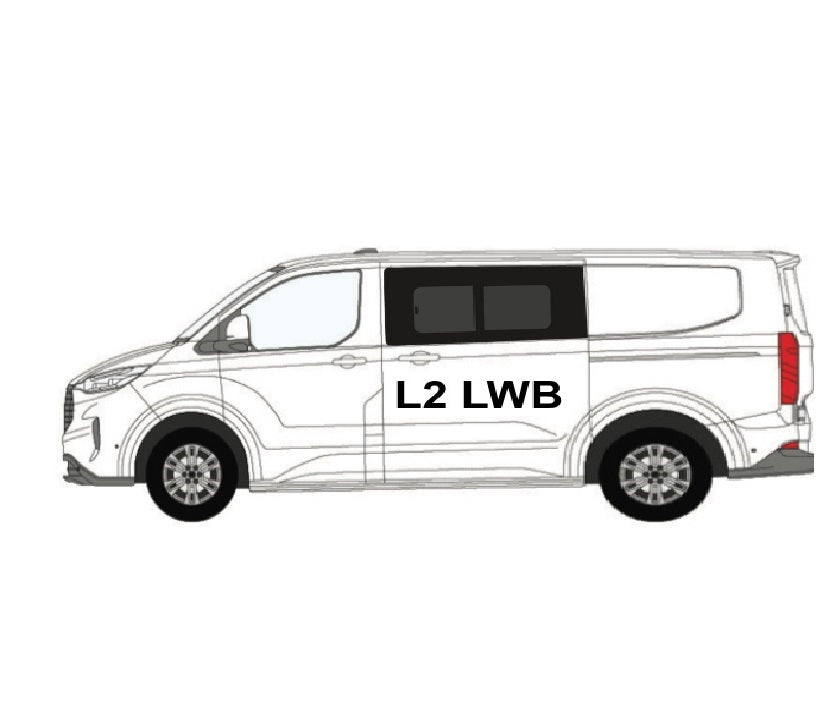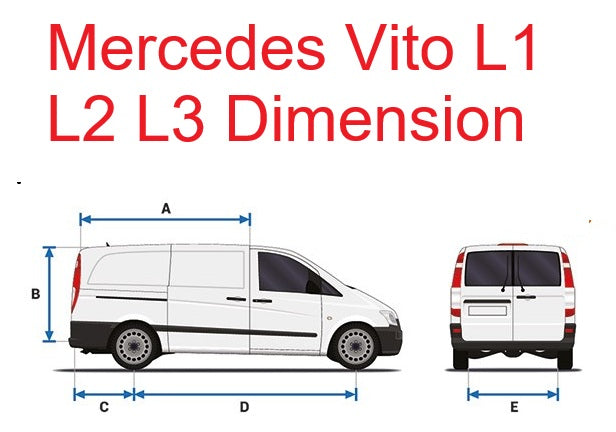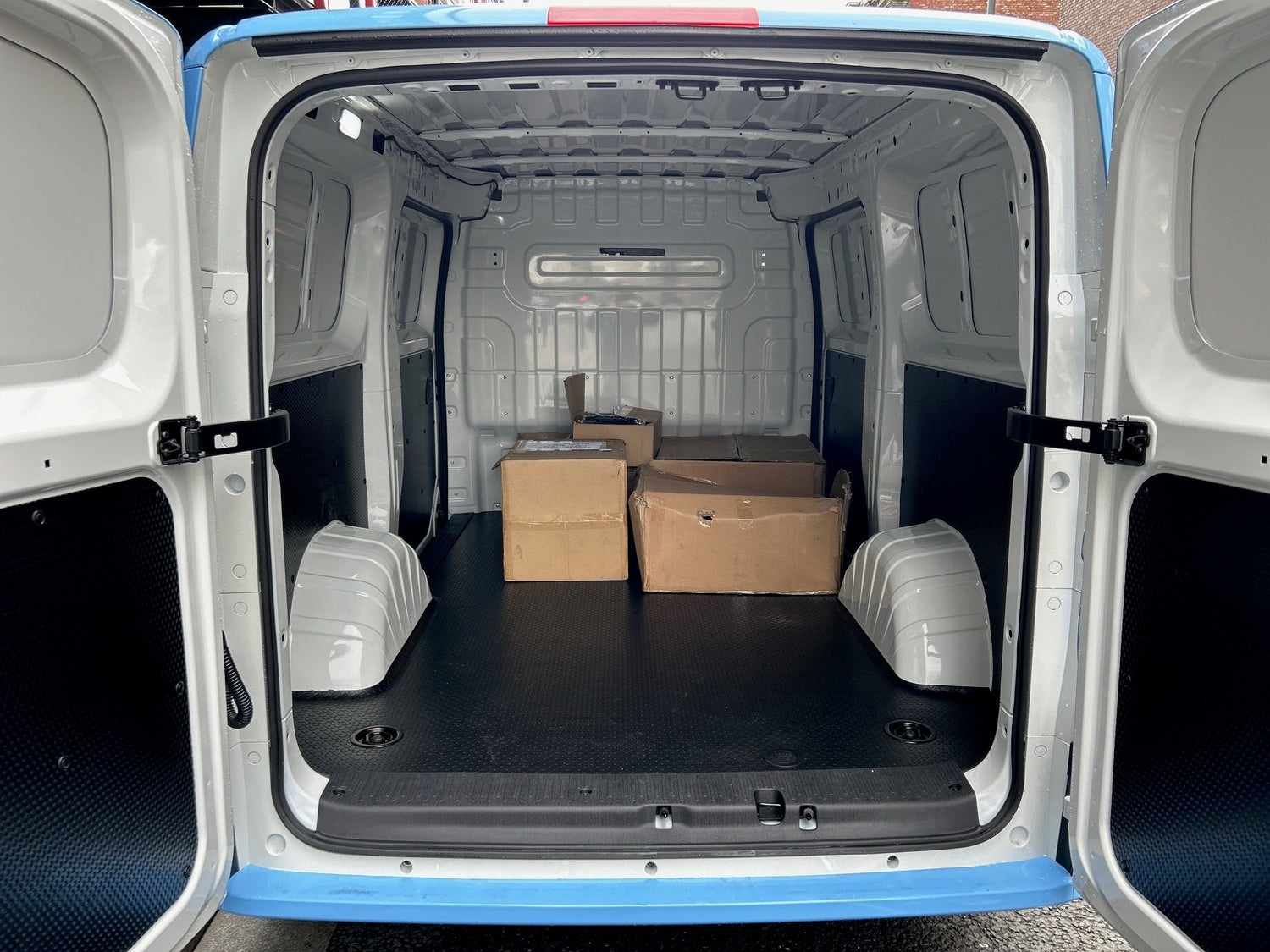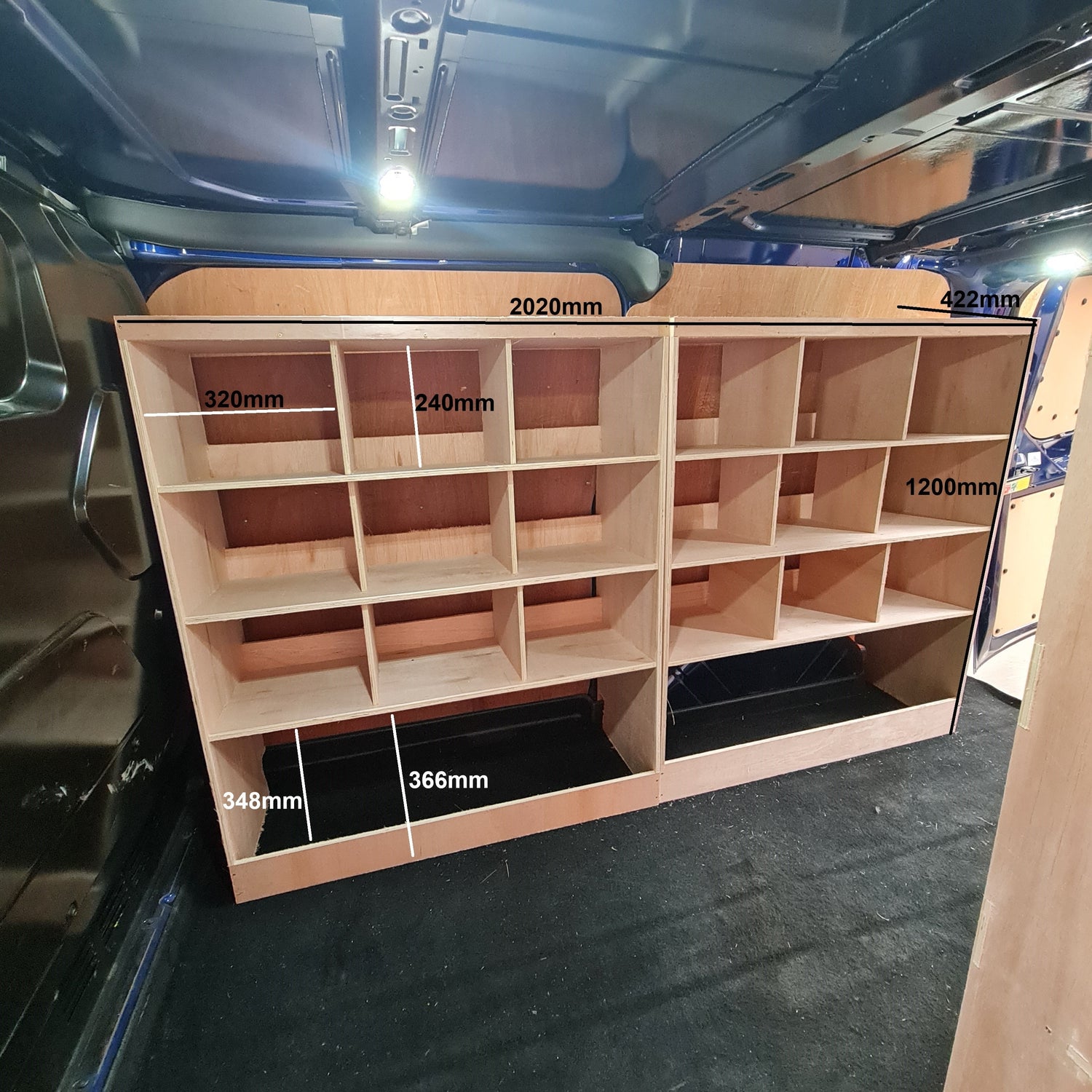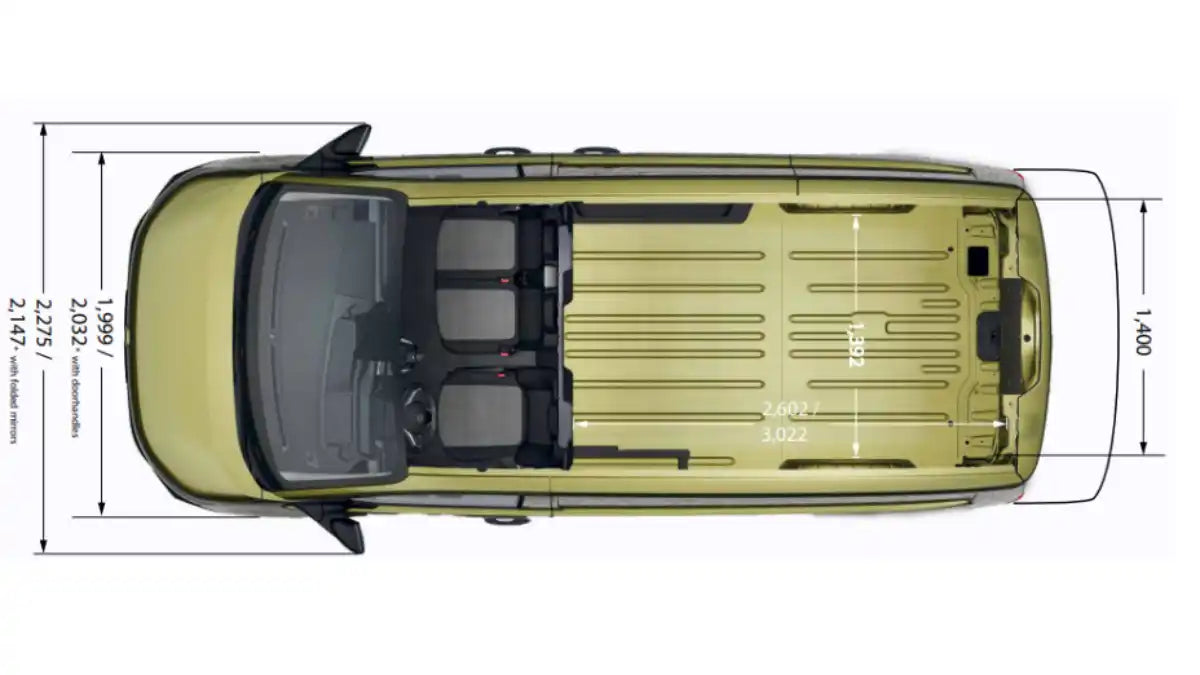Are you a van owner in the UK and confused about the various taxes you need to pay? Don’t worry; we’ve got you covered. In this straightforward guide, we’ll break down everything you need to know about van tax in the UK.
Types of Van Tax
There are two main types of taxes that apply to vans in the UK: Road Tax (Vehicle Excise Duty or VED) and Benefit-in-Kind (BIK) tax. Let’s dive into each of them.
Road Tax (VED)
Road tax is an annual or semi-annual fee that every van owner must pay to legally drive on public roads. Unlike car road tax, which is based on CO2 emissions, van road tax is relatively simple. For vans weighing less than 3500kg, the road tax is charged at a flat rate.
- For 12 months: £320
- For 6 months: £176
- If you pay via Direct Debit for 6 months: £168
- If you pay via Direct Debit for 12 months: £336
Some older vans may qualify for discounted rates, such as Euro 4 compliant vans registered between 2003 and 2006 or Euro 5 compliant vans registered in 2009 or 2010, which incur VED of £140 for 12 months or £77 for 6 months.
Benefit-in-Kind (BIK) Tax
If you use your van for private purposes, you are required to pay BIK tax to HMRC. BIK tax is calculated based on the specific vehicle and its fuel benefit. The tax rate for vans is a flat rate of £3960 for the 2023/24 tax year, with an additional ‘fuel benefit’ BIK standard value of £757.
However, employees don’t pay the full BIK value to HMRC. Instead, they pay a percentage based on their personal tax obligations. For example:
If you pay 20% tax, you pay 20% of the BIK value, which is £720 (£60 per month).
If you pay 40% tax, you’ll pay £120 per month.
Private Use of Your Work Van
Private use of a work van includes driving it for personal journeys outside of working hours. HMRC allows for “insignificant private use,” such as commuting to work or the occasional personal errand. However, using the van for school runs, weekend trips, or evening outings is considered private use and subjects the van to BIK tax. Keep in mind that many vans come equipped with tracking software, and employers are obligated to report any personal use to HMRC. It’s essential to maintain accurate mileage records to avoid discrepancies.
Electric Van Tax Benefits
Electric vans offer significant tax advantages. The BIK rate for electric vans is £0, and there is no van fuel benefit charge. This means that if your employer provides you with an electric van, your company van tax is effectively free. For self-employed individuals and sole traders using electric vans for work, there are also benefits. Electric vans are exempt from road tax under VED rules, although you must still tax them with the DVLA to make them road legal.
Tax Rules on Pick-up Trucks
The tax rules for pick-up trucks can be a bit complex. Single-cab pick-ups (with just two doors and two or three seats in one row) are classified as light commercial vehicles, similar to vans, regardless of their payload.
Double-cab pick-ups (with an extra row of seats) can only be taxed as vans if they have a payload capacity of over 1000kg. It’s essential to ensure that the pick-up you intend to buy qualifies for van tax if you plan to use it for personal transport.
Self-Employed Status and Van Tax
If you’re self-employed and use your van for work, you can claim several van-related expenses, including vehicle insurance, repairs, fuel, parking, hire charges, vehicle license fees, and breakdown cover. However, you cannot claim fines or commuting expenses
understanding van tax in the UK is essential for van owners. Make sure to keep track of the type of tax that applies to your situation and maintain accurate records to comply with HMRC regulations. Whether you drive a conventional van or an electric one, being informed about van tax can help you make sound financial decisions for your business or personal use.
Please note that tax regulations may change over time, so it’s advisable to check and verify this information from official government sources for the most up-to-date and accurate details.

